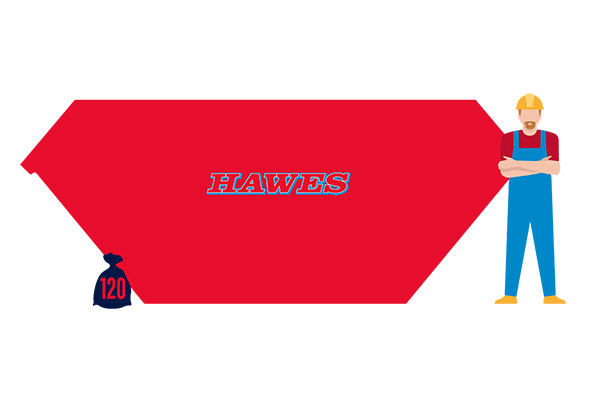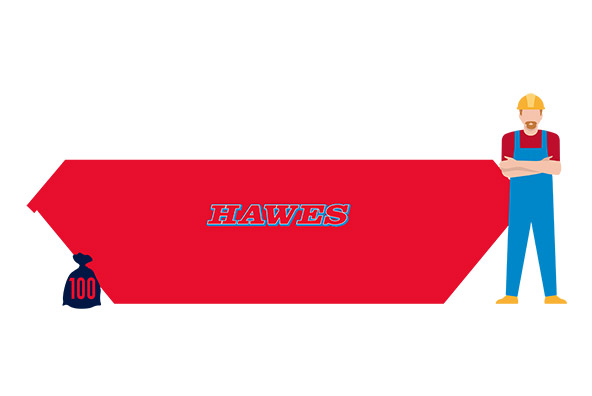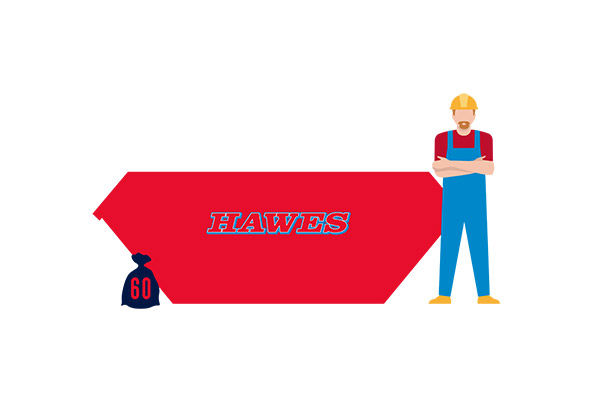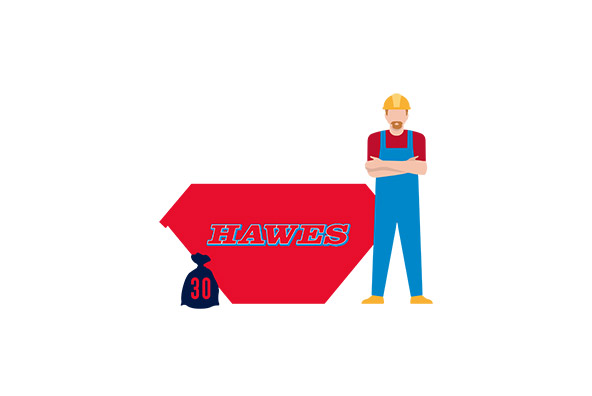How to Choose the Perfect Skip for Different Types of Construction Waste?
Selecting the right skip for your construction project is crucial in managing waste efficiently and sustainably. Different types of waste require various sizes and specifications of skips. Here’s a comprehensive guide to help you make an informed decision based on the construction waste you produce.
Identify Your Waste Type
Construction sites produce a variety of waste materials, each needing careful handling:
- General Building Waste: This includes mixed rubble, soil, concrete, metals, wood, and plastics.
- Hazardous Waste: Such as asbestos, chemicals, paints, and solvents.
- Inert Waste: Such as concrete, rubble, and earth which do not decompose or react chemically.
Choose the Right Skip Size
The type of waste significantly influences the size of the skip required:
- Mini Skips (2-3 cubic yards): Ideal for small domestic jobs like garden clearance or minor home renovations. Suitable for approximately 20-30 bin bags of waste.
- Midi Skips (4-5 cubic yards): Best for moderate amounts of garden or household waste, including soil and rubble.
- Builders’ Skips (6-8 cubic yards): These are the most popular for general building waste and suitable for a substantial amount of bulky waste.
- Maxi Skips (10-18 cubic yards): Designed for large amounts of light, bulky waste. Not suitable for high-density materials like rubble.
Consider the Waste Weight
The heaviness of the material may also dictate the skip size due to weight restrictions on lifting and transportation:
- Heavy Waste: For dense materials like bricks, concrete, soil, and rubble, choose a low-sided skip to prevent overloading.
- Light Waste: Lighter waste materials like wood, metal, or plastic can be disposed of in taller, larger skips.
Check Skip Placement Regulations
Before hiring a skip, ensure you have the proper space and permission for placement. If you plan to place the skip on public land, including a footpath, roadside, or grass verge, you’ll need a permit from the local council. Placing the skip on private land, like your driveway or garden, usually does not require permission.
Seek Advice on Hazardous Waste
If your construction project involves hazardous waste, seek professional advice. Hazardous waste should not be mixed with other waste types and may require special handling and disposal.
Review Skip Hire Duration and Costs
Consider how long you’ll need the skip and compare service durations and prices. Most skip hire companies offer services ranging from a few days up to a week or longer upon request.
Using these guidelines will assist you in selecting the appropriate skip for your construction waste needs, ensuring your project remains tidy, efficient, and compliant with waste management regulations.
Be sure to keep up to date with all the latest news from Hawes Group. Alternatively, view our homepage, find out more about Hawes Group, book skip hire online, or visit the site of our sister company, Hawes Plant & Tool Hire, for all your plant & tool hire needs throughout Bucks, Herts, Middlesex, Surrey & Oxfordshire.



